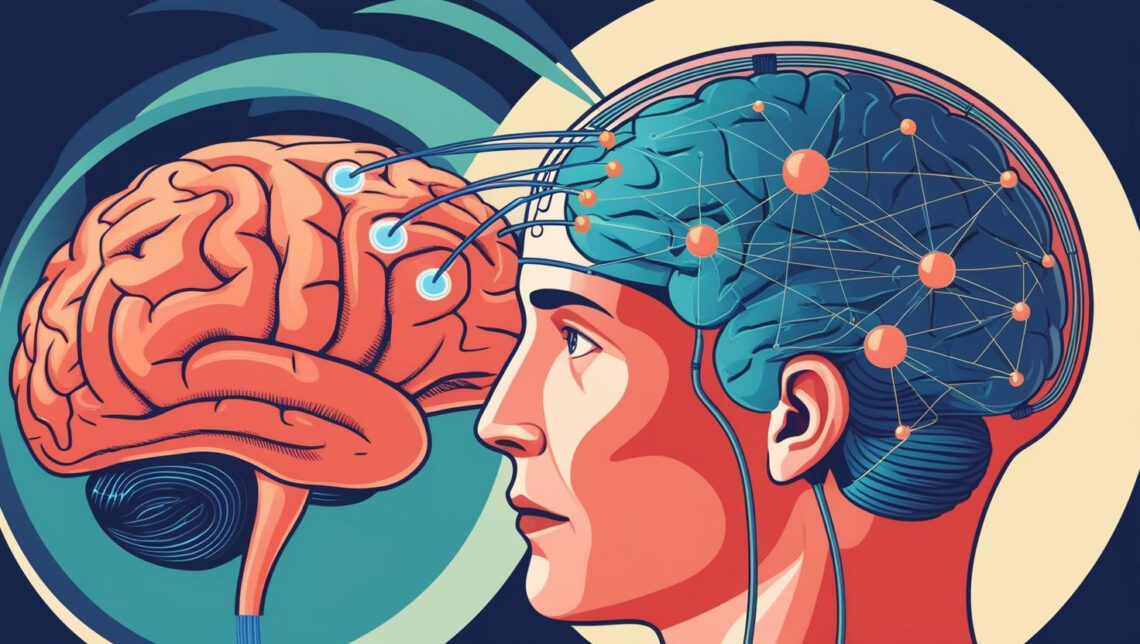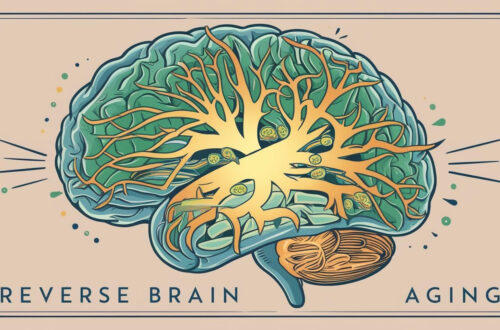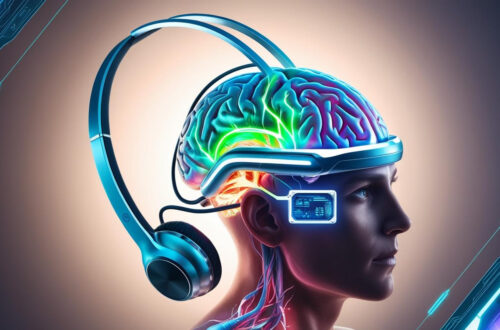Artificial intelligence (AI) is transforming neuroscience by providing new ways to analyze brain function, diagnose neurological disorders, and even enhance cognitive abilities. With machine learning algorithms processing vast amounts of brain data, researchers are uncovering groundbreaking insights into how the brain works. This article explores AI’s impact on neuroscience and what the future holds for brain research and healthcare.
Understanding AI’s Role in Neuroscience
AI uses machine learning models to analyze patterns in brain activity. These algorithms process data from brain scans, neural signals, and medical records to identify trends that humans might miss. AI is being applied in multiple areas, including:
- Brain imaging analysis – AI enhances MRI and CT scan interpretations.
- Neurological disorder diagnosis – Machine learning improves early detection of diseases like Alzheimer’s and Parkinson’s.
- Brain-computer interfaces (BCIs) – AI helps interpret brain signals, allowing people to control devices with their thoughts.
AI-Powered Brain Imaging
1. Improving MRI and CT Scan Accuracy
Traditional brain imaging techniques produce complex data that require expert interpretation. AI models can analyze thousands of scans in seconds, identifying abnormalities with high precision. Deep learning networks detect patterns linked to strokes, tumors, and degenerative conditions faster than conventional methods.
2. Mapping Neural Activity
Functional MRI (fMRI) and electroencephalography (EEG) measure brain activity in real time. AI processes these signals, helping researchers understand cognition, memory, and emotional responses more effectively.
AI in Neurological Disorder Diagnosis
1. Alzheimer’s and Dementia Detection
Early detection is crucial for managing neurodegenerative diseases. AI identifies changes in brain scans and cognitive assessments long before symptoms appear. This enables earlier intervention and better patient outcomes.
2. Parkinson’s Disease Monitoring
AI analyzes movement patterns and speech changes, predicting Parkinson’s progression. Wearable devices combined with AI allow continuous monitoring, helping doctors tailor treatments more effectively.
3. Stroke Prediction and Recovery
AI-driven models assess stroke risk by analyzing genetic and lifestyle data. In rehabilitation, AI-powered robots assist stroke survivors in regaining motor function through personalized therapy plans.
Brain-Computer Interfaces: Merging AI with Human Thought
1. Restoring Communication for Paralyzed Patients
AI-powered BCIs translate neural signals into text or speech, allowing individuals with paralysis to communicate. These devices provide newfound independence for patients with conditions like ALS or spinal cord injuries.
2. Mind-Controlled Prosthetics
By decoding brain signals, AI enables amputees to control robotic limbs with their thoughts. Machine learning refines movement accuracy, making prosthetics more natural and responsive.
3. Cognitive Enhancement
Some researchers explore AI-driven neurostimulation techniques to enhance memory and learning. These technologies could aid individuals with cognitive impairments or even improve performance in healthy brains.
The Future of AI in Neuroscience
1. Predicting Mental Health Conditions
AI is being trained to detect early signs of depression, anxiety, and schizophrenia by analyzing speech patterns, facial expressions, and brain scans. This could lead to personalized mental health interventions.
2. Personalized Neurological Treatments
Machine learning helps tailor treatments based on a person’s unique brain activity. This approach could optimize medication dosages, minimize side effects, and improve overall patient care.
3. AI and Consciousness Research
One of the most ambitious goals of AI in neuroscience is understanding consciousness. By analyzing massive datasets on brain activity, AI could provide insights into what makes us self-aware.
AI is revolutionizing neuroscience, improving diagnostics, treatments, and our understanding of the brain. From early disease detection to brain-computer interfaces, AI-driven advancements offer hope for better brain health. As technology continues to evolve, the collaboration between AI and neuroscience will lead to even more groundbreaking discoveries.




